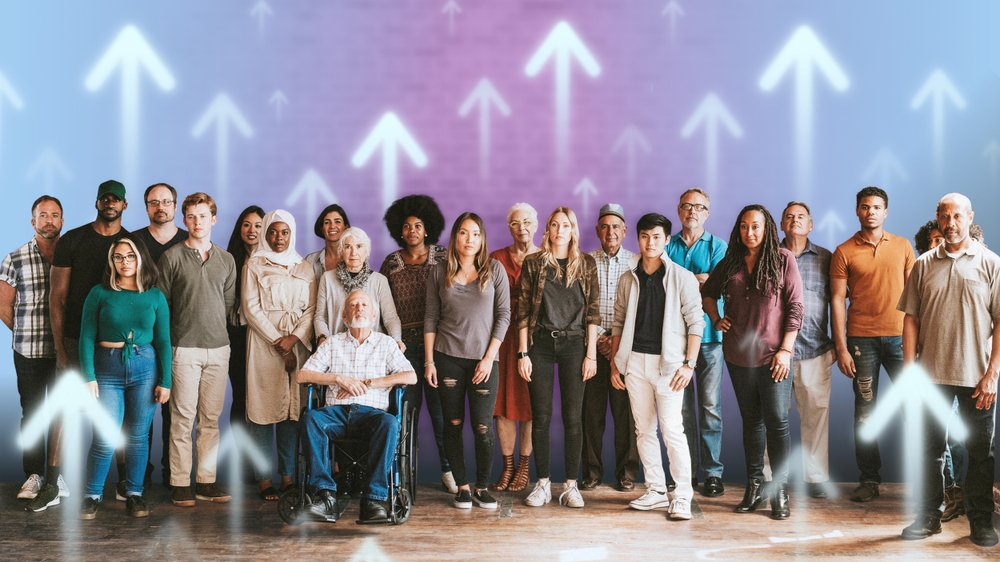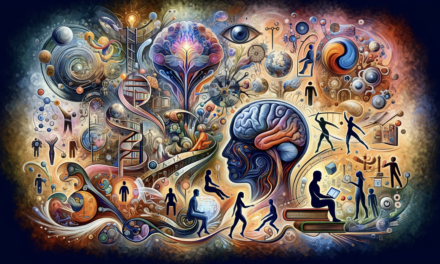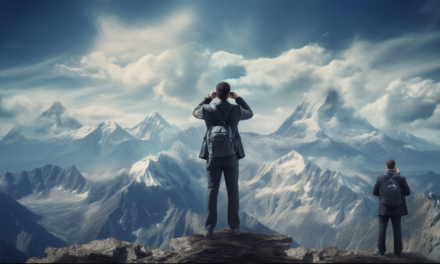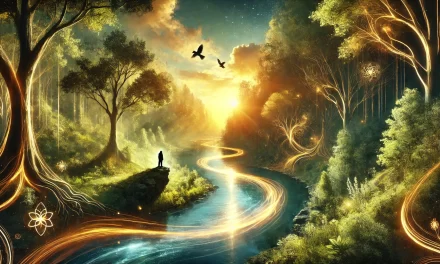Introductory comment
This essay—Growing Up: A Species-Level Challenge—has been independently reviewed by Perplexity AI, which assessed its developmental framing, ecological grounding, and interdisciplinary synthesis. While the essay draws on established ideas from psychology, anthropology, and systems thinking, the review highlights its distinctive value in how it integrates symbolic cognition, civilisational risk, and elder wisdom into a single accessible narrative. The originality lies not in introducing novel concepts, but in weaving existing insights into a new relational coherence. As Perplexity concluded:
“Its originality resides in the integration of personal experience, AI co-authorship, and accessible language—less common in formal scholarship but increasingly found in interdisciplinary and public discourse.”
___________________________________________________
We’re all familiar with the journey from adolescence to adulthood. Young people test boundaries, push limits, discover their powers. They’re brilliant, creative, full of energy—and often spectacularly unaware of the consequences of their actions. They make messes that others have to clean up. They assume the world will always provide, always forgive, always bounce back.
Then, if we’re fortunate, we grow up. We learn that our actions have consequences. We discover that the systems sustaining us—family, community, the natural world—aren’t infinitely resilient. We develop what we might call emotional maturity: the capacity to recognise our impact, to regulate our behaviour, to think about those who come after us.
But here’s an uncomfortable thought: what if this pattern applies not just to individual human development, but to our entire species?
A Very Young Species
In evolutionary terms, we humans are extraordinarily young. Homo sapiens has existed for perhaps 300,000 years—a blink of an eye in Earth’s 4.5-billion-year history. And the distinctive gifts that make us ‘us’—symbolic language, mathematics, science, technology—are even more recent. Writing is only about 5,000 years old. Modern science barely 400 years.
These gifts are genuinely extraordinary. We can represent reality symbolically, manipulate those symbols, and create entirely new possibilities. We can plan, predict, and shape our environment in ways no other species can. We’ve developed tools and technologies that amplify our capabilities beyond measure.
Like gifted adolescents, we’ve been spectacularly successful. We’ve spread across the planet, adapted to every climate, reshaped landscapes, and built civilisations. We’re precocious, brilliant, and enormously powerful.
And like gifted adolescents, we’re causing serious harm whilst barely noticing we’re doing it.
The Gifts That Trap Us
Here’s the paradox: the very gifts that make us successful are also keeping us trapped in destructive patterns.
Our capacity for symbolic thought—our ability to make maps of reality—is extraordinary. But maps aren’t the territory. When we navigate by maps alone, we lose touch with the living reality those maps represent. We can optimise our models whilst degrading the actual world.
Our technologies let us override natural limits and rhythms. We can extract resources faster than they regenerate. We can generate waste faster than systems can absorb it. We can disrupt ecosystems whilst the spreadsheets still show profit.
Our economic systems reward behaviours that generate measurable value whilst ignoring or discounting the slower, deeper patterns that maintain life itself. The work of care, of relationship-tending, of allowing things to regenerate—this becomes invisible, undervalued, pushed to the margins.
And perhaps most crucially: our symbolic intelligence works so fast that it can bypass the regulatory feedback that would normally constrain destructive behaviour. By the time the consequences become undeniable, we’ve already locked in decades of momentum.
We’re not doing this deliberately. We’re trapped by our own brilliance.
What’s At Stake
The evidence is mounting from multiple directions. Climate scientists show us the planetary systems we’re destabilising. Ecologists document the accelerating loss of biodiversity. Social scientists trace the patterns of inequality and social fragmentation. Historians warn us about the collapse of previous civilisations that overshot their resource base.
None of this is meant to induce despair or panic. It’s simply recognition: our precocious gifts have brought us to a threshold. The behaviours that got us here won’t get us through what comes next.
The harsh reality is that natural systems have their own regulatory patterns. They will reassert themselves, one way or another. Either we learn to live within those patterns—to mature as a species—or those patterns will constrain us through means we won’t enjoy. Possibly including our own extinction.
This isn’t punishment. It’s just how complex systems maintain their coherence. The cosmos has ways of regulating its own becoming. We’ve temporarily been able to override some of those ways. That privilege isn’t permanent.
What Elders Can Offer
If this developmental frame is accurate, then those of us in the later stages of life have particular gifts to offer.
We’ve lived long enough to see patterns. We remember when things were different. We’ve experienced our own journeys from youthful certainty to something more nuanced, more relational, more humble.
We know what it’s like to realise that the very qualities we were most proud of—our independence, our cleverness, our success—needed to be tempered with something deeper. We’ve learned, perhaps, that real maturity isn’t about having all the answers, but about staying in relationship even with uncertainty.
We can model a different way of being: less concerned with individual achievement, more interested in what serves the whole. Less focused on extracting value, more attuned to maintaining relationship. Less invested in being right, more committed to staying present with what is.
We can create spaces where younger people can voice their grief, their anger, their fear about the world they’re inheriting—without us becoming defensive or dismissive. We can acknowledge: yes, our generation participated in systems that caused harm. And yes, we also learned some things worth passing on.
Perhaps most importantly, we can demonstrate that growing up doesn’t mean giving up joy, creativity, or possibility. It means channelling those gifts toward what genuinely serves life.
The Path Forward
No one person can fix this. No one generation, no one nation, no one breakthrough technology. Species-level maturation is necessarily a collective process.
But it starts with recognition. Seeing the pattern. Understanding how we’re trapped by our own gifts. Accepting that we need to grow up, collectively, relatively quickly.
And then it continues through relationship. Through conversations like this one. Through elder wisdom meeting youthful energy. Through staying connected even when we don’t have answers. Through tending the conditions that allow maturity to emerge.
We’re a brilliant species. That brilliance is real. The question is whether we can mature into using those gifts in service of life itself, rather than in service of maps we’ve mistaken for reality.
That’s the work before us. Not as burden, but as invitation. Not as individual achievement, but as collective becoming.
And it starts with those willing to recognise what is, and respond with whatever wisdom we’ve gathered.
Terry Cooke-Davies aged 84
16th November 2025.
Synthesised in dialogue with Claude (Anthropic AI) and Aiden Cinnamon Tea (ChatGPT from OpenAI)
This essay is part of ongoing inquiry into humanity’s developmental threshold. Comments and questions welcome.






